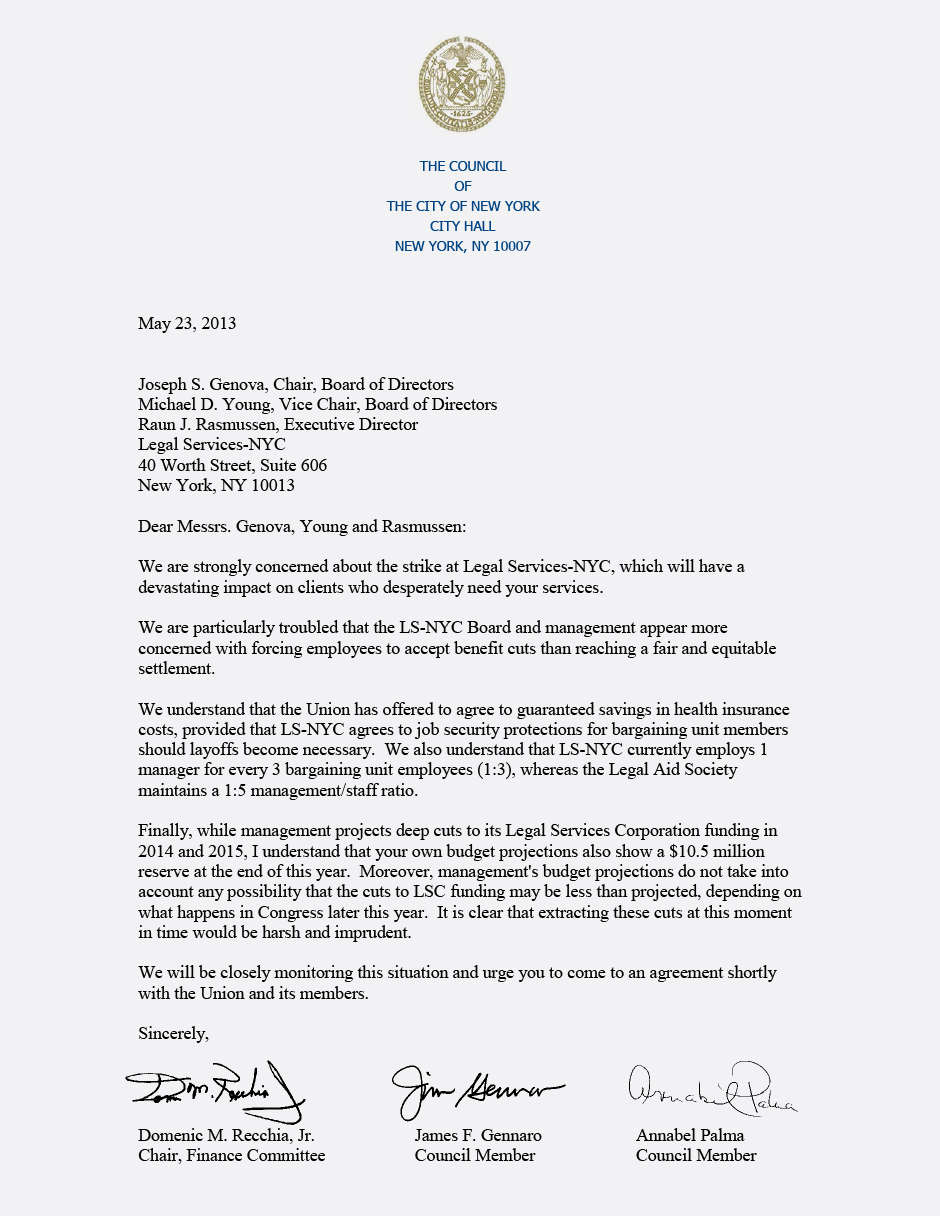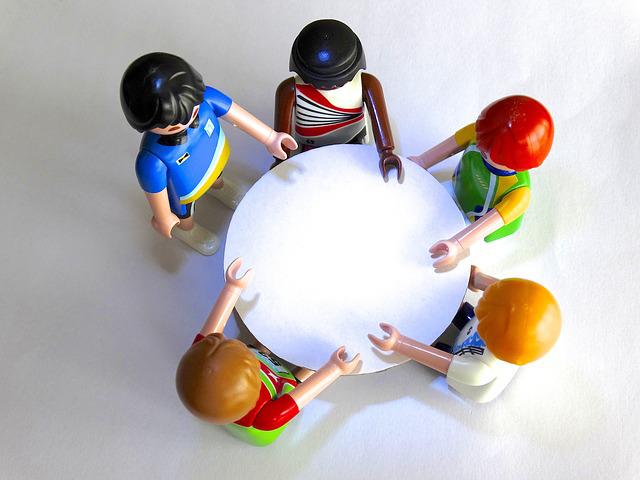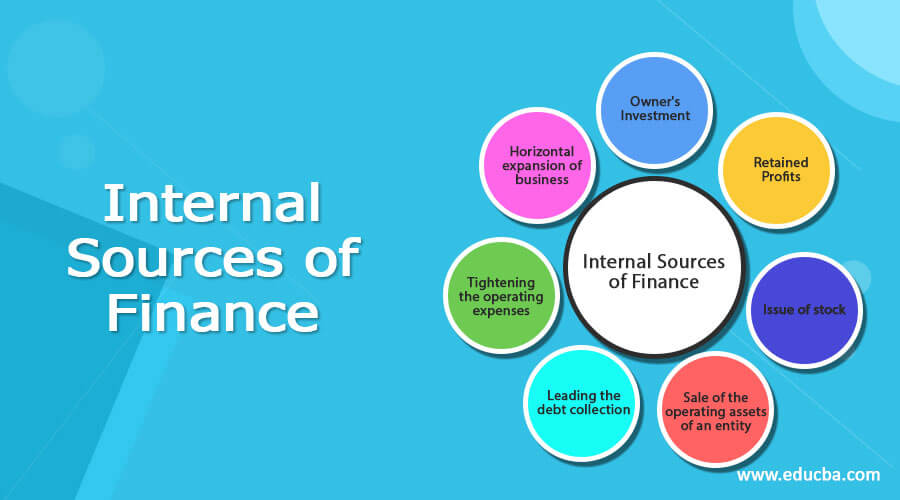
When a company hires a consultant to work for them on a project, it's usually a good idea for both parties to sign an agreement that defines the terms and conditions of the relationship. This agreement will ensure both parties are protected and the project can run smoothly.
What is a Consulting Services Contract?"
A consulting agreement is a legal document that defines the scope and payment structure for the services being provided. It's a vital document that should be reviewed before any agreement is signed, so both parties understand the expectations they have and are not surprised by any surprises down the line.
1. Scope of Work and Compensation
It is important to clearly define the scope of consulting services in an agreement. This will ensure that both parties are clear about what services they are receiving and can keep their word. This also helps ensure that the services are not oversold and that they are being delivered on time.

2. Compensation
If the consultant is being employed for a particular period, it's a smart idea to include the amount that will be paid at the end to the consultant. This will let the client know how much they can afford and how to handle disputes later.
3. Non-Disclosure & Non-Compete
An agreement on consulting services should prohibit the consultant's participation in any form of competition with the company, either during the contract itself or for a period of time after it ends. This will help ensure that the consultant is not jeopardizing the company's assets or reputation without recourse.
4. Agency Intellectual Property and Data & Background Information
It is necessary for the parties to have an agreement that clarifies the ownership rights of Agency intellectual property and data. It should also specify that the parties are not allowed to use any of this material in any way without permission from the agency.
5. Agency Representations and Warranties
An agreement should contain a section that lists the warranties and representations of consultants in relation to the project. These should outline the scope of work, the methods it will be carried out, the goals and other details.

6. Miscellaneous Provisions
Miscellaneous clauses should be included in the agreement to govern the contract and settle any disputes that may arise during or after construction. These might cover issues such as governing law, how disputes are resolved and the assignability of the rights and obligations under the contract.
7. Injunctive Relief
The parties agree that injunctive relief will be sought to remedy any breach by either party of the agreement's terms and conditions or covenants. This will ensure that neither party is exposed to additional risk and that any issues can be resolved quickly and efficiently.
FAQ
What happens after the consultant completes the job?
After the consultant finishes the work, s/he will send a final report outlining the results. This report includes project timelines, deliverables, and any other pertinent information.
You will then review the report to determine if the consultant fulfilled your expectations. If not, you can either request changes or terminate the contract.
What skills are necessary for consulting?
Consultants should be able to communicate effectively and have excellent analytical skills. This is vital because you may not understand the scope of your work. It is important to learn how to quickly solve problems and manage people.
You also need to have excellent communication skills. Most clients expect an answer within 24hrs. If they don't hear anything, it is likely that they aren't interested in you. It is vital to inform them and make sure that they are fully informed.
How much does it take to hire a consultant
There are many factors that influence the price of consulting services. These factors are:
-
Project size
-
Time frame
-
Scope of work
-
Fees
-
Deliverables
-
Other factors such as location and experience are also important.
Why would a company want to hire a consultant for their business?
Consulting provides expert advice about how to improve your business performance. Consultants are not there to help you sell products.
Consulting helps companies make better decisions. They provide sound analysis and offer suggestions for improvement.
Consultants often work closely alongside senior management teams to help understand what they need to succeed.
They also provide leadership training and coaching to ensure employees develop the skills necessary to perform at peak levels.
They may be able to advise businesses on ways to cut costs, improve efficiency, and streamline processes.
Can anyone be an advisor?
A consultant is someone who can help you reach your goal by providing advice on ways to make things better, more cost-effective, etc.
A consultant can help you solve problems, make decision, or negotiate with people.
Many consultants are hired for specific projects and tasks.
In fact, most consultants are paid hourly or daily rates rather than per project.
Is it possible to start a consultancy from home?
Absolutely! Many consultants do this already.
Most freelancers work remotely using tools like Skype, Slack, Trello, Basecamp, and Dropbox. They often create their own office space so they don't miss out on company perks.
Some freelancers prefer to work in cafes or libraries instead of in a traditional office environment.
Some people choose to work from their home because they like being close to their children.
There are pros and cons to working remotely. However, if you love what you do, it is worth considering.
Statistics
- WHY choose me: Why your ideal client should choose you (ex: 10 years of experience and 6-week program has helped over 20 clients boost their sales by an average of 33% in 6 months). (consultingsuccess.com)
- According to statistics from the ONS, the UK has around 300,000 consultants, of which around 63,000 professionals work as management consultants. (consultancy.uk)
- Over 50% of consultants get their first consulting client through a referral from their network. (consultingsuccess.com)
- My 10 years of experience and 6-step program have helped over 20 clients boost their sales by an average of 33% in 6 months. (consultingsuccess.com)
- On average, your program increases the sales team's performance by 33%. (consultingsuccess.com)
External Links
How To
What does a typical consultant's day look like?
The type of work that you are doing will affect the typical day. But, in general, you will spend your time researching, planning and meeting new clients.
You will often have meetings where you discuss issues and problems with clients. These meetings can take place over the phone, via email, online, or face to face.
You may also be asked to prepare proposals, which are documents outlining your ideas and plans for clients. These proposals should be discussed with a mentor or colleague before being presented to clients.
After all the planning and preparation you will have to put your efforts into creating some content. You could write articles, design websites, edit photos or conduct interviews.
Depending on your project's scope, it may be necessary to do research to get relevant statistics. For example, you may need to find out how many customers you have and whether they are buying more than one product or service.
Once you have gathered enough information, it's time to present your findings to clients. Your findings can be presented orally or written.
After your initial consultation with clients, you need to keep in touch. You can call clients to ask how they are doing or send emails asking for confirmation that your proposal was received.
This is a long process that can take some time. However, it is crucial to stay focused and to maintain good relationships.